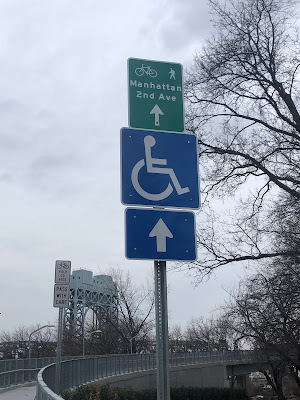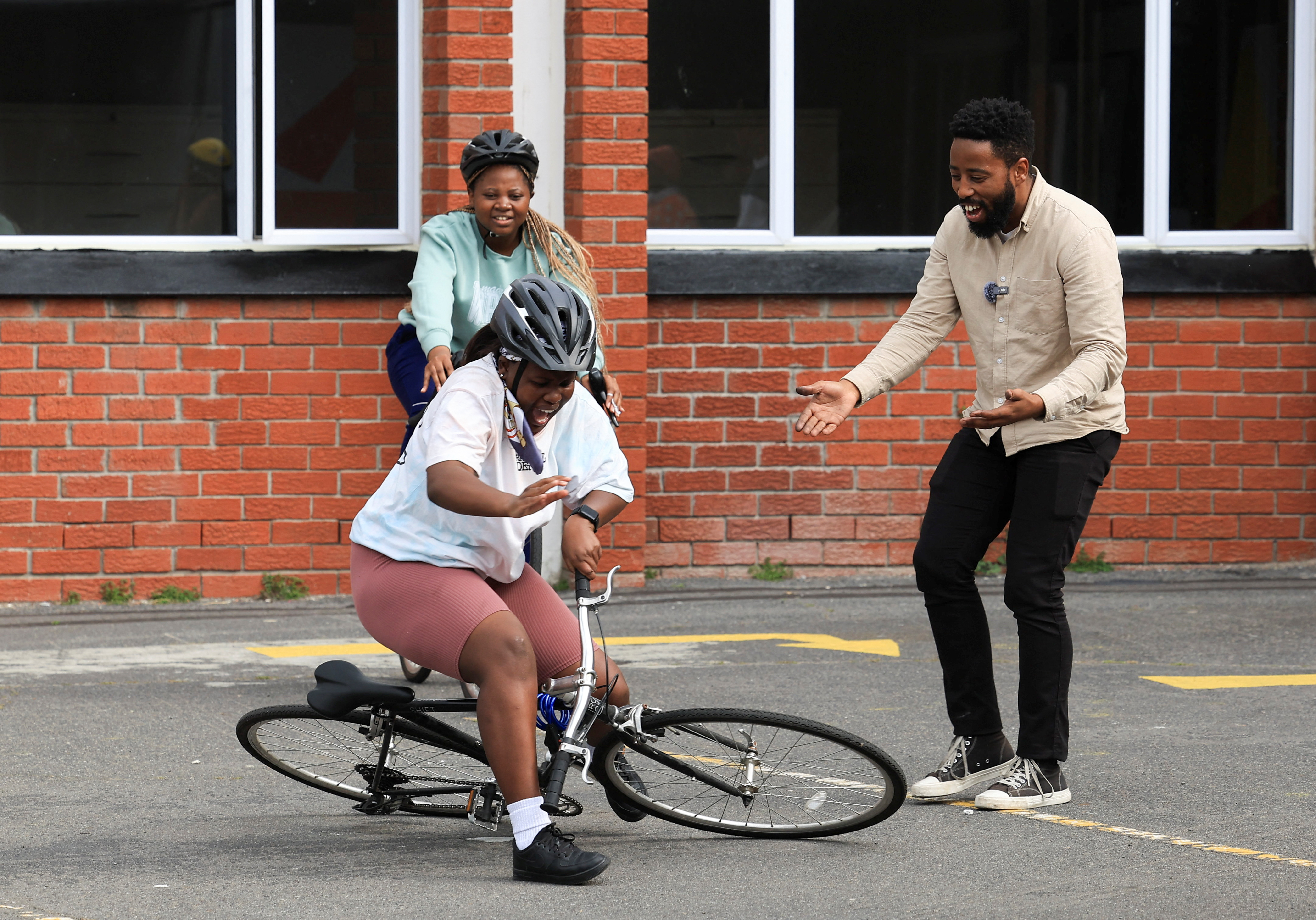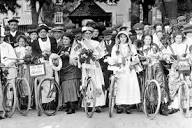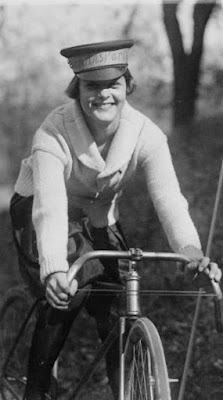As a cyclist, I have always thought, to some degree, like a pedestrian. While I agree, again to some degree, with the late John Forrester’s philosophy of vehicular cycling—after all, in a auto-centric society like the United States, cyclists are treated as second-class citizens because bicycles aren’t seen as vehicles in the way cars are—I have also seen that much of what’s good for pedestrians is also good for cyclists.
That conclusion has been reinforced by living in a senior-citizens’ complex located next to a very busy intersection. I frequently cross it. So do people who get around with canes, walkers and wheelchairs. The two streets that meet at that point are busy: One is a major thoroughfare; the other is a two-way “main street” for this part of the Bronx. One end of that street connects to a “stroad”—Southern Boulevard—that feeds into a highway and includes entrances to the New York Botanical Garden. And too many drivers are impatient or distracted when my mobility-impaired neighbors are crossing to catch a bus.
Sometimes I wonder whether such drivers would behave differently, or if traffic safety laws would be better enforced, if not only drivers themselves, but also those who make policy and infrastructure, understood how often motorists’ bad behavior inconveniences, or even endangers, other drivers.
A wry, sardonic caption accompanied the above photo: “Bonus points for blocking 1/2 of the car lane, too.”




















.jpg)


